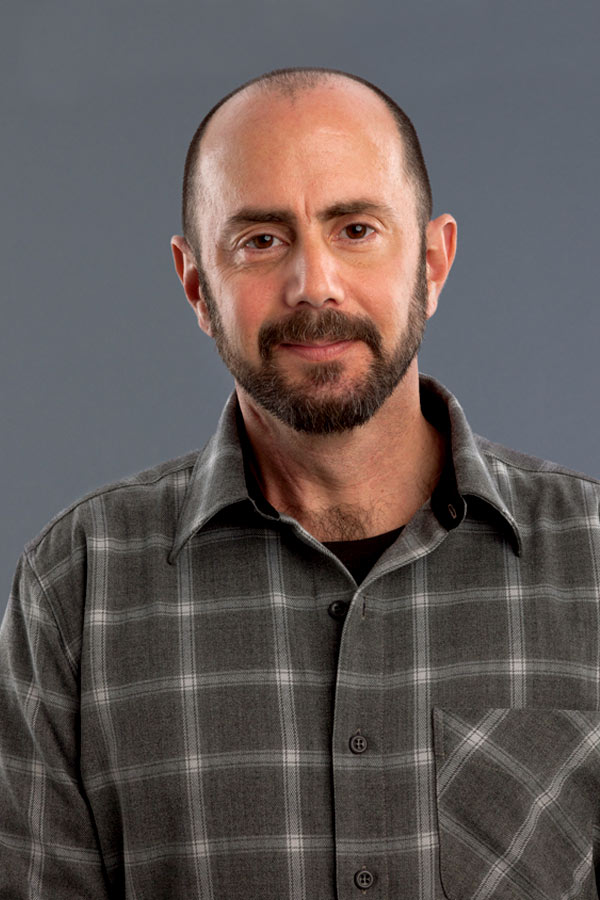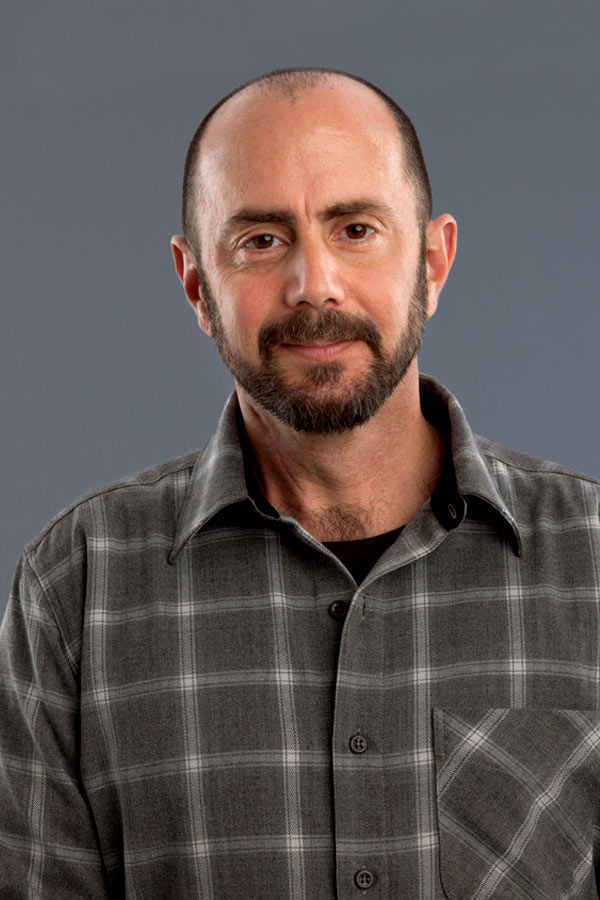Smoking and HIV
Smoking is a serious health threat for everyone, but it’s especially dangerous for people living with HIV. Smoking raises your risk for heart disease, cancer, serious lung diseases and infections such as pneumonia, and other illnesses. People with HIV are more likely to develop these harmful consequences of smoking than those without HIV.1,2
Quitting smoking can help people with HIV have a better quality of life and fewer HIV-related symptoms. When you quit, your risk goes down for many serious illnesses, including heart attacks and pneumonia.1,3
HIV stands for human immunodeficiency virus. If HIV is not treated properly, it can lead to acquired immunodeficiency syndrome, or AIDS.4 In the United States, HIV is spread mainly by having unprotected sex or by sharing needles or other drug equipment (works) with someone who has HIV.5
Once you have HIV, you have it for life. Your body cannot get rid of HIV.4
HIV harms your body’s infection fighters—the cells of the immune system called CD4 cells, or T cells. Over time, HIV can destroy so many of these cells that your body can’t fight off infections and disease. When this happens, HIV leads to AIDS.4
Smoking causes one in every five deaths in the United States each year.6 About one in five Americans smokes cigarettes.6
If you smoke and have HIV, you’re more likely to get HIV-related infections, including:1
- Thrush (a mouth infection, also called oral candidiasis)
- Hairy leukoplakia (white mouth sores)
- Bacterial pneumonia
- Pneumocystis pneumonia, a dangerous lung infection
Smoking when you have HIV also makes you more likely to get other serious illnesses than nonsmokers with HIV. These illnesses can make you too sick to work (disabled) or even lead to an early death. They include:1
- COPD (chronic obstructive pulmonary disease, a serious lung disease that causes severe breathing problems and includes emphysema and chronic bronchitis)
- Heart disease and stroke
- Lung cancer, head and neck cancer, cervical cancer, and anal cancer
Currently, there is no vaccine to prevent HIV infection and no cure for HIV infection.7 You can lower your risk of becoming infected with HIV or spreading the virus to other people with these steps:
- Get tested regularly for HIV.4,7
- Practice abstinence (not having sex).7,8
- Remain faithful to your spouse or partner.7,8
- Consistently use male latex or female polyurethane condoms.7,8
- Do not share needles or other drug injection equipment (works).7,8
- Limit the use of alcohol, and don’t use drugs that affect your judgment.8
HIV is treated with a mix of drugs called antiretroviral therapy (ART). You take these medicines daily to prevent the virus from multiplying and destroying your body’s infection fighters—the CD4 cells. This, in turn, helps protect you from life-threatening illnesses, such as pneumonia and cancer.9
ART can’t cure HIV, but it helps people with HIV live longer, healthier lives.10
It’s very important to take your HIV medicines exactly as directed. If you don’t, your CD4 count may go down and your viral load may go up. Not taking your medicines as directed can also make the HIV virus resistant, which means the medicines won’t help you anymore. Smoking may limit how well HIV medicines work to fight the virus.1
Tell your doctor if your medicines are making you sick. He or she may be able to help you deal with side effects and feel better. Don’t just stop taking your medicines.11
- 1-800-QUIT-NOW
- 1-855-DÉJELO-YA (Español)
- 1-800-838-8917 (中文)
- 1-800-556-5564 (한국어)
- 1-800-778-8440 (Tiếng Việt)
- Text QUITNOW to 333888—Message and data rates may apply
- quitSTART appexternal icon
- Quit Smoking (En Español)
- Smokefree.govexternal icon (En Español)
- Asian Smokers’ Quitlineexternal icon
If you smoke, quit. Quitting smoking has major and immediate health benefits for all tobacco users, especially those living with HIV. Quitting reduces your chances of developing disease, helps you feel better, and improves your quality of life.1
Also, stay away from secondhand smoke, which is smoke in the air from other people smoking. Secondhand smoke has immediate harmful effects on your blood and blood vessels, which can raise your risk for a heart attack. People who already have heart disease are at especially high risk for a heart attack. Secondhand smoke can also cause a stroke or lead to lung cancer.12
Talk with your health care provider about programs and products that can help you quit.
- U.S. Department of Health and Human Services. HIV.gov: HIV and Smoking [last revised 2022 Dec 7; accessed 2023 Mar 6].
- Helleberg M, Afzal S, Kronborg G, Larsen CS, Pedersen G, Pedersen C, Gerstoft J, Nordestgaard BG, Obel N. Mortality Attributable to Smoking Among HIV-1-Infected Individuals: A Nationwide, Population-Based Cohort Study. Clinical Infectious Diseases 2013;56(5):727–34 [accessed 2018 Mar 22].
- Petoumenos K, Worm S, Reiss P, de Wit S, d’Arminio Monforte A, Sabin C, Friis-Møller N, Weber R, Mercie P, Pradier C, El-Sadr W, Kirk O, Lundgren J, Law M; D:A:D Study Group. Rates of Cardiovascular Disease Following Smoking Cessation in Patients With HIV Infection: Results From the D:A:D Study. HIV Medicine. 2011;12(7):412–21 [accessed 2018 Mar 22].
- Centers for Disease Control and Prevention. About HIV: What Is HIV? [last updated 2016 Mar 16; accessed 2018 Mar 22].
- Centers for Disease Control and Prevention. HIV Transmission [last updated 2016 Mar 16; accessed 2018 Mar 22].
- Centers for Disease Control and Prevention. Current Cigarette Smoking Among Adults in the United States [last updated 2022 Mar 17; accessed 2023 Mar 6].
- National Institute of Allergy and Infectious Diseases. HIV/AIDS: Prevention [accessed 2018 Mar 22].
- Centers for Disease Control and Prevention. HIV Prevention [last updated 2018 Feb 27; accessed 2018 Mar 22].
- National Institutes of Health. Just Diagnosed: Next Steps After Testing Positive for HIV [last updated 2018 Feb 6; accessed 2018 Apr 19].
- Centers for Disease Control and Prevention. HIV Treatment. Accessed Mar 2, 2021.
- Centers for Disease Control and Prevention. Act Against AIDS: Living with HIV [last updated 2018 Mar 13; accessed 2018 Mar 22].
- Centers for Disease Control and Prevention. Health Problems Caused by Secondhand Smoke [last updated 2022 Nov 1; accessed 2023 Mar 6].


